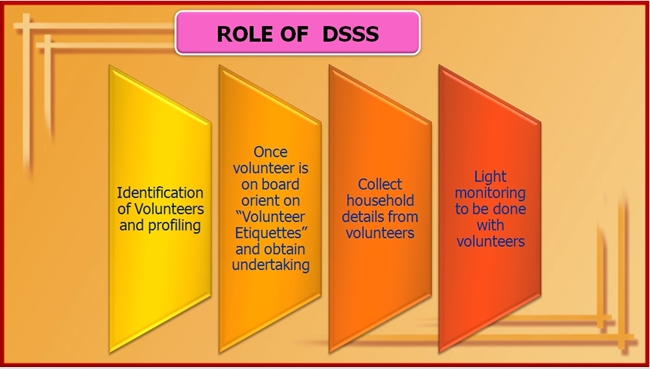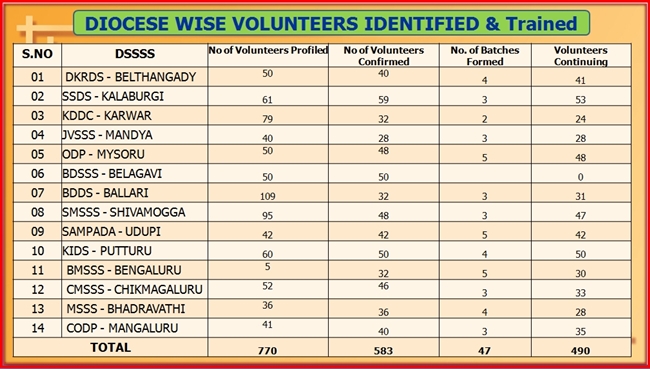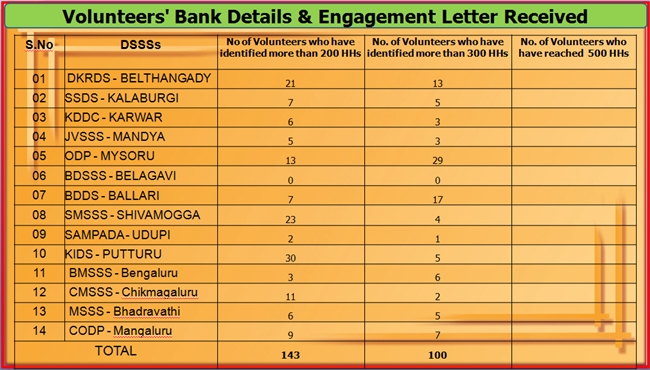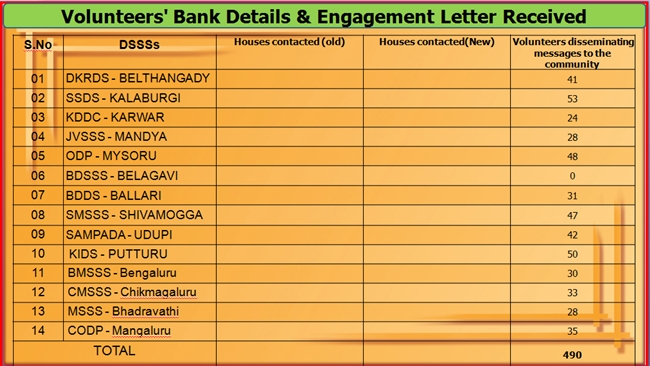REPORT OF RISK COMMUNICATION AND COMMUNITY ENGAGEMENT (RCCE)
RISK COMMUNICATION AND COMMUNITY ENGAGEMENT (RCCE) Brief background
The second wave of Covid-19 has turned the healthcare system and the related infrastructure upside down. The country has not witnessed people, in such large numbers, dying for want of oxygen in hospitals and homes. The second wave has proved to be more dreadful and had hit hard at everyone, irrespective of their age.
- During the initial phase of the second wave, Caritas India had conducted a need assessment based on the secondary data.
- Certain video had gone viral in the village which predicted death of those getting vaccinated,
- There were many myths and misleading information about the vaccination and coronavirus have become common in many parts of the country.
Hence, the need of the hour is to ensure that amidst so many myths and misleading information, people are guided with authentic information, so that they could imbibe Covid Appropriate Behaviour in them and take appropriate measure to tackle the upcoming waves and surge. For this reason, Caritas India in collaboration with CRS has come up with the program of RCCE.
RISK COMMUNICATION AND COMMUNITY ENGAGEMENT (RCCE)
Goal: Reduction in the spread of Covid cases and Covid affected deaths
Objective -1 Mitigating the health impact of Covid-19 of those affected
Objective -2 Imbibing the Covid Appropriate Behaviour (CAB) and
preventing the spread of Covid-19
PLANNED INTERVENTION/EXPECTED OUTCOME
Risk Communication and Community Engagement (RCCE) program would ensure that authentic and updated information and advice are shared with the communities, mitigating the rumours, with the support of the frontline volunteers - Caritas Samaritans. The RCCE component will mainly focus around:
CAB - Covid Appropriate Behavior and new symptoms of Covid-19
Early Testing and Treatment Initiation - timely testing for Covid-19 and starting treatment from a qualified doctorso as to avoid self-medication or relying on local unqualified practitioners
Vaccination - vaccine ‘hesitancy’ that arise because of apprehensions around vaccine safety, efficacy; and any other myths and misconceptions.
Post-Covid Care – identifying post-covid symptoms and complications and starting treatment for it from a qualified doctor.
TARGET GROUPS AT THE COMMUNITY LEVEL:
- Communities with Vaccine Resistance
- Migrants with or without symptoms
- People with symptoms, guiding them how to self-quarantine within their homes, timely testing, and seeking treatment from qualified medical practitioners
- Families of people with symptoms or tested Covid+.
- Families of Covid + patients
- 18 years+ for vaccination against Covid-19
Taking the Strategic Plan, developed by Caritas India, as the base, the RCCE program shall be rolled out with the four Key Strategic Pillars (KSPs) at the forefront:
Empowering Animation:
The program would be primarily led by the Caritas Samaritans as they would be the torchbearers. Once capacitated, they would take the lead in reaching out to the community and motivating, influencing, and encouraging them to reach the ultimate goal of the program.
Dialogue:
This whole program is based on the essence of “Dialogue” as it is all about encouraging authentic and verified communication between the organization, Govt Depts, volunteers and community.
Volunteering:
The program aims at engagement of volunteers and expanding the volunteering network by reaching out to new volunteers for engagement. Being the front-runners, Caritas Samaritans would play a major role in the roll-out of the RCCE program. The essence of this program would be to strengthen the army of the volunteers at the grass-root level for the sustenance and in-depth impact of the program.
Sharing Community:
The above three pillars would ensure an emergence of “Sharing Community” as the community shall be aware about the pandemic and the existing and upcoming challenges. This shall result in taking responsibility of supporting each other with monetary and non-monetary terms and take the appropriate measures to reach the goal.
Target:
The RCCE program aims to engage 1000 volunteers which shall in turn reach out to 500 families (per volunteer) in 6 months. Total 5,00,000 families will be reached at the end of the programme Time Frame:
- The program is planned for 6 months,
- Weekly based meetings are held virtually at Karnataka Forum level and National level monthly basis meetings are held and reviewed the progress
- The project will conclude by December 15,2021
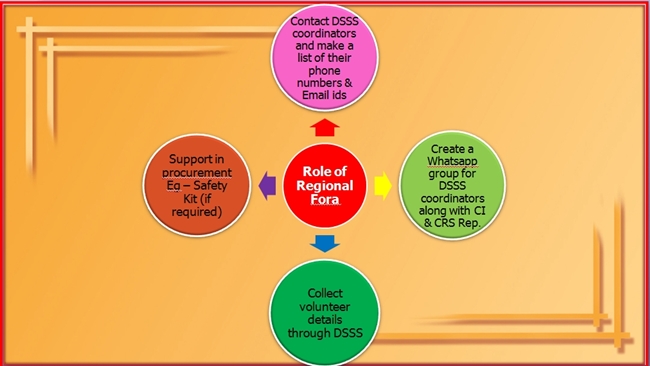
Continued
Procurement of Safety Kits for response staff and volunteers
Distribution of Safety Kits to staff and volunteers
Handholding support to Volunteers, understand their challenges, information needs and concerns.
Preparing Monthly Reports and attending monthly meeting
Conduct weekly update meeting
Preparing weekly Reports and submission to CI/CRS
Facilitation and conduct light monitoring
